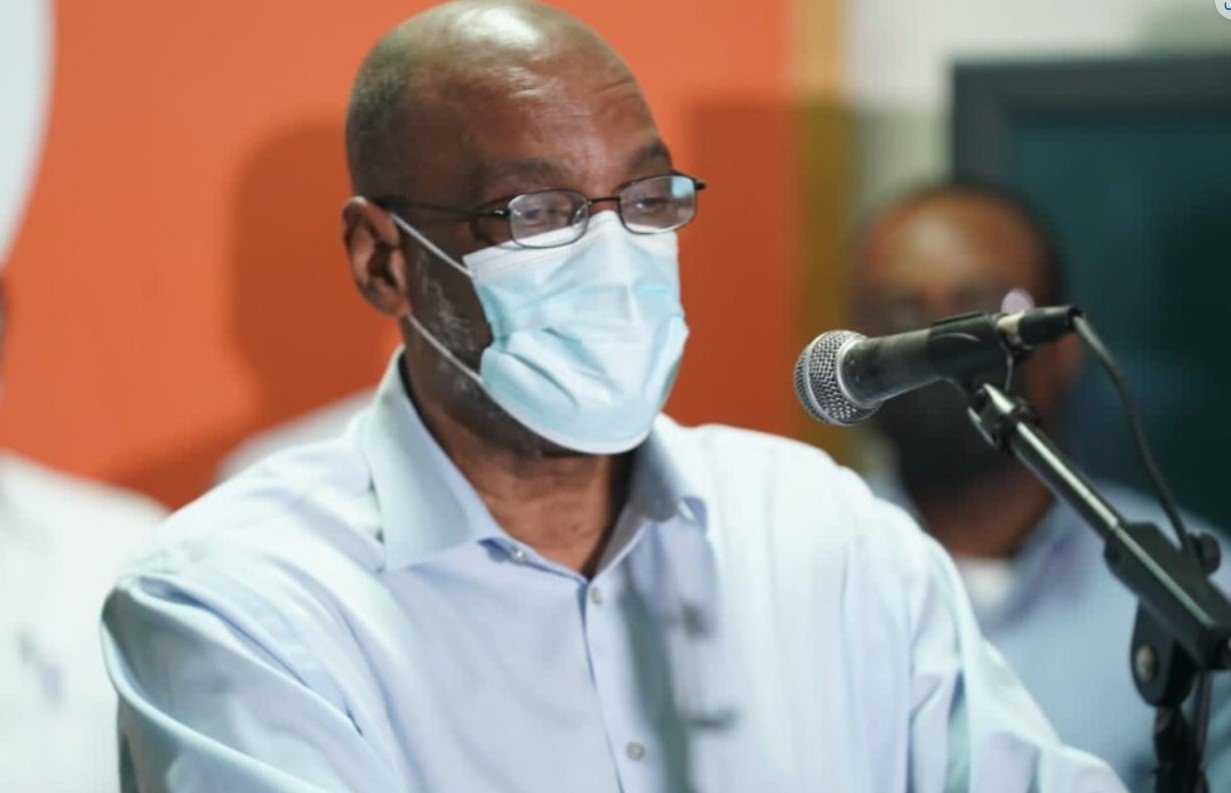In a move that has sent ripples across the international community, Haiti’s Prime Minister Ariel Henry has announced his resignation in the face of escalating violence and political chaos. This decision comes as the Caribbean nation grapples with a deepening crisis, marked by gang violence and the absence of a functioning democracy.
The Unraveling of a Nation
Haiti’s recent history has been fraught with turmoil, but the current situation represents a significant nadir. The resignation of Ariel Henry is not just the departure of a prime minister; it is the culmination of years of instability that have left the Haitian people in a state of despair. The gangs, once operating in the shadows, have now emerged as de facto rulers in many regions, their power unchecked and their intentions clear: to fill the vacuum left by a weakened state.
The international community, which has long played a role in Haiti’s affairs, finds itself at a crossroads. The resignation of Henry, while expected by some, has accelerated the need for a new approach to aid and intervention. The question now is not just who will lead Haiti, but how the nation can rebuild its shattered institutions.

A Country Held Hostage
The gangs of Haiti are not a new phenomenon, but their recent actions have brought the country to its knees. The blockade of essential supplies has turned life into a daily struggle for survival for many Haitians. Hospitals, schools, and businesses have been forced to close, and the basic fabric of society is tearing apart.
Amidst this chaos, Ariel Henry’s resignation seems almost an afterthought. The power vacuum he leaves behind is more than a political dilemma—it is a humanitarian crisis. The people of Haiti are calling out for leadership and solutions, but with the gangs holding the cards, the path forward is murky at best.
The Path Forward
The resignation of Ariel Henry is a pivotal moment for Haiti. It is a chance for a new beginning, but it is also a daunting challenge. The formation of a transitional presidential council offers a glimmer of hope, but the road to stability is long and fraught with obstacles.
The international community must now decide how to support Haiti in this transition. The solutions will not be easy, and they will require a commitment to understanding the complex tapestry of Haitian society. The people of Haiti deserve a future free from fear and violence, and the time to act is now.
